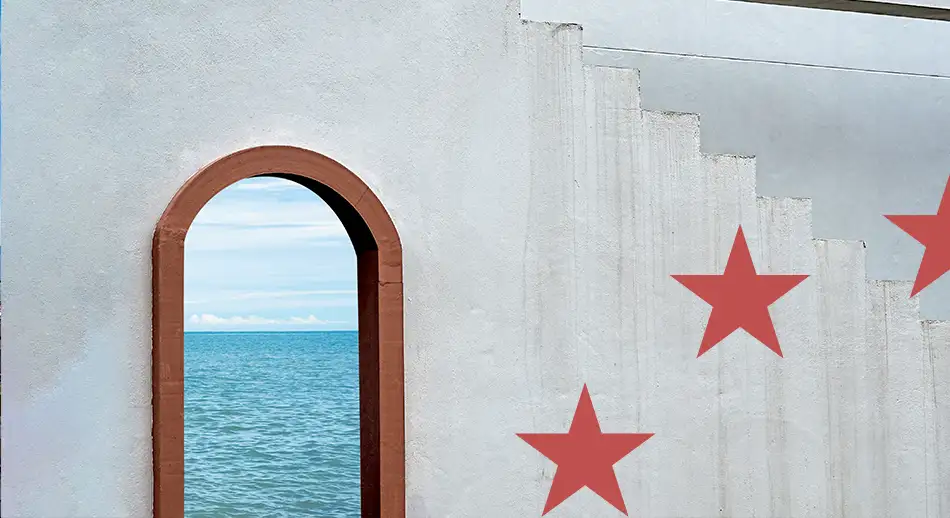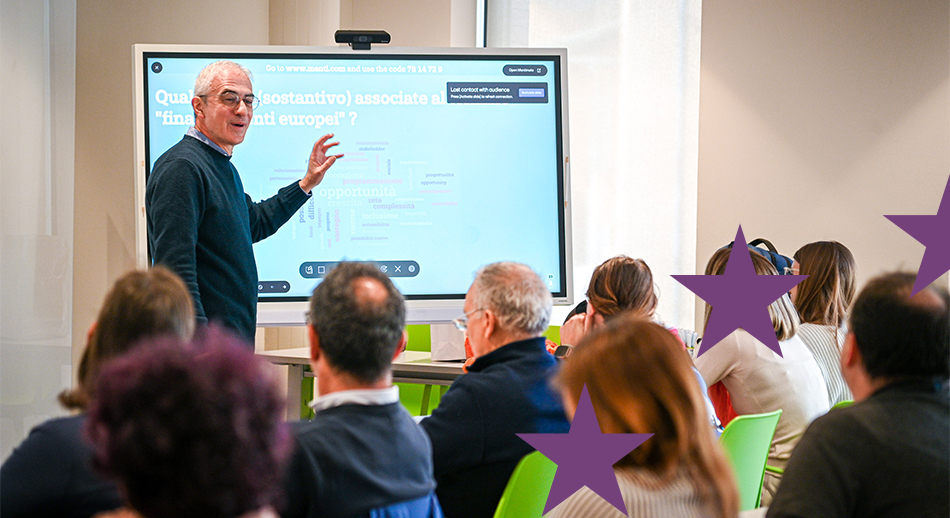Foundation of Sardinia and Guide to EU Projects and Funding, a year together: a focus on Mediterranean cooperation projects.
Foundation of Sardinia’s commitment to Euro-Mediterranean cooperation
Just these days, the Foundation of Sardinia ‘s partnership with the Guide to EU Projects and Funding turns one year old.
An engine of Sardinia’s development for nearly 30 years, the Fondazione di Sardegna acts through initiatives in the fields of culture, scientific research, technological development, public health, local development, and education. One of its distinguishing features is its activity in the area of Euro-Mediterranean cooperation and dialogue: in continuity with the history and vocation of its local organisations, the Foundation is an active promoter of projects that interweave the local and national dimensions with broader partnerships, to strengthen the value and role of the Mediterranean as a place of exchange and encounters, at a time characterized by divisions and conflicts.
This vocation is shared with the Region of Sardinia, which is the Managing Authority of the Interreg NEXT-MED program, a territorial cooperation program aimed at strengthening cooperation between regions belonging to fifteen different Mediterranean countries.
We want to celebrate the first anniversary of our partnership with the Foundation of Sardinia by recounting two of its projects that unite its local organisations with the southern shore of the Mediterranean, in the areas of education and business development.
University corridors for the Mediterranean: the Sardinia ForMed project
Since 2015, the Fondazione di Sardegna has been the lead partner in the Euro-Mediterranean university cooperation project Sardegna ForMed, a collaboration with Unimed (a network of more than 160 universities bordering the Mediterranean) and the Universities of Sassari and Cagliari. Sardegna ForMed provides for the activation of university corridors with universities on the southern shore of the Mediterranean, ensuring the mobility of students from 11 Maghreb universities to Sardinian universities and supporting the implementation of the Bologna Process outside the European Union as well. The project strengthens the international leadership of Sardinian universities and encourages the activation of joint study paths. The success and recognized strategic importance of the project led to the renewal of thepartnership agreement for the three-year period 2024-2027.
Every year, about 40 male and female students from the Universities of Tunisia, Algeria and Morocco are selected to attend the master’s degree program at the Universities of Cagliari and Sassari. The Foundation provides selected students and female students with mobility grants to cover their travel and accommodation costs throughout their training period, while the Sardinian universities provide tuition fee waivers, access to canteen and other services, and support in obtaining residence permits.
Sardegna ForMed has a positive impact on the university career of the students involved, is able to bring different actors into dialogue with each other, and enriches the university system and the local organisations of Sardinia and the participating countries with new relationships and ideas.
The project was featured in one of the episodes of Second Welfare’s “Intrecci” podcast, dedicated to good practices promoted by banking foundations, and was presented at the European Parliament duringUnimed Week in Brussels, an annual event dedicated to Euro-Mediterranean academic cooperation.
Microcredit for business development and social inclusion in the Mediterranean: the MEDSt@rts project
Another important example of the Fondazione di Sardegna’s cooperation with countries on the southern shore of the Mediterranean is “MEDSt@rts – Med microfinance support system for start-ups,” a project funded by ENI CBC MED, predecessor of the current NEXT-MED program.
Launched in 2020 and concluded in 2022, MEDSt@arts supported the financial inclusion of fragile individuals, particularly women and young people aged 18 to 40 in Italy, Greece, Tunisia, Lebanon, and Palestine, through access to credit and the creation of entrepreneurial pathways.
With a budget of about 2.5 million euros, the project saw the Fondazione di Sardegna lead a consortium of partners from five Mediterranean countries, joined by a network of 56 organizations active in the field of microfinance and business support in the Euro-Mediterranean area.MEDSt@rts involved 125 aspiring entrepreneurs and businesses in intensive trainings and customized mentoring. At the end of the training, 64 startups had access to a microcredit of 10,000 euros to help realize their business project. In Sardinia, 26 “highly sustainable” business ideas were selected, trained and mentored, of which 15 went on to receive funding.
The project has helped train a new professional figure, the “microfinance promoter,” who specializes in supporting businesses in finding and accessing public and private sources of financing: the project has trained more than 50 of them and directly hired 18.
MEDSt@rts was included among the “Flagship Projects” of the Interreg 2014-2020 program. It has hadwide visibility in participating countries and has developed interesting video materials on microfinance, communication, project management and participants’ stories, available on its Youtube channel
.These two experiences express the potential of European projects in creating relationships and development opportunities for people and local organisations. In the coming months we will continue to update you on other initiatives and good practices from the Foundation of Sardinia and the other partner foundations in the Guide.




